Passwords are everywhere on the internet. If you’re helping an older loved one get to grips with the internet, it’s important that they understand how to create secure passwords and remember them. Passwords are like keys to your online home. People often use simple passwords like their pet’s name or their birthday. Nowadays, it’s more important than ever to make sure your loved one has strong passwords that can’t be guessed easily. Today’s article will give you some helpful tips for creating secure passwords. Why not share these tips with your elderly loved ones?
Use the following tips to create secure passwords:
Choose a Strong Password
- As a general rule, passwords should be at least 8 characters long. The longer your password, the less likely it is that someone else will be able to guess it.
- Try not to include any personal information, such as names of family members or pets. Don’t include recognisable numbers like your house number or birthday. This information is fairly easy to find would therefore make it much easier for hackers to access your loved one’s accounts.
- Avoid using “real words” as much as possible. Instead, try a mixture of uppercase and lowercase letters, numbers, and special characters such as “£” or “!”. This makes any password more complex and therefore harder to guess.
- On the other hand, don’t make the password too difficult to remember!
Avoid Weak Passwords
Hackers often try using people’s names, birth dates or even commonly used passwords. The passwords below would be extremely easy for a hacker to guess:
- ‘password’
- ‘123456’
- ‘123456789’
- ‘picture1’
- ‘111111’
Keeping Passwords Safe
Writing passwords down can be a security hazard, especially if you leave them near the computer. But let’s face it, it’s easy to forget passwords and everyone has probably written their passwords down at one stage. However, you should avoid writing passwords down if you can.
If you think your loved one would need a written reminder, try to use a cryptic hint that only they will understand, rather than writing down the full password. Keep the written information stored somewhere safe, away from the computer. Write it down in an unmarked notebook so that it’s not obvious to other people.
Keep it fresh
- Use different passwords. Try not to use the same password for emails, online banks and online shopping websites. Having the same password for all your accounts is a security risk. If a hacker discovers your password and you only use one password, they will have access to all your accounts and information. On the other hand, if you use different passwords for every account, most of your information will stay secure even if one of your passwords is compromised.
- Changing your passwords on a regular basis reduces the risk of any potential hacking.
Password Management
A password manager is a tool that remembers all your passwords for different websites and automatically fills them in for your loved one. Some internet browsers have built-in password managers, but there are a few different programmes available.
- The first time you enter a password on a particular website, the password manager will ask if you would like to save the password.
- Next time you go to that website, the password manager will fill in your password automatically.
- The password manager will only work on one computer.
- Don’t use a password manager program on a public computer, so strangers can’t access the account.
Two-Factor Authentication
Two-Factor Authentication means a user can only gain access after successfully presenting two pieces of evidence. Generally, the user will enter their username and password first. Then, instead of gaining access straight away, they will need to provide another piece of information. This second piece of information could be:
- A keycode, password or the answer to a security question.
- A physical bank card number or a number texted to their mobile phone.
- A fingerprint, voice ID, or face ID.
A good example of two-factor authentication is taking money out of an ATM. Only the correct combination of a bank card and the correct PIN number will allow the user to withdraw money.
Security at Home
These are some very useful tips which will help your loved one to stay safe online. If you feel that they need a little more security at home, our personal alarms could be what you are looking for. You can find out more about them here, or by getting in touch with our Customer Service Team on 0800 101 3333 or via email info@careline.co.uk.
You can also order a Careline alarm online today.
Editor’s Note: We updated this article on 20/11/20. Originally published 14/02/19.
Choose Your Personal Alarm
To help you choose, start by selecting where you would use your personal alarm. In home only or at home and on the go.

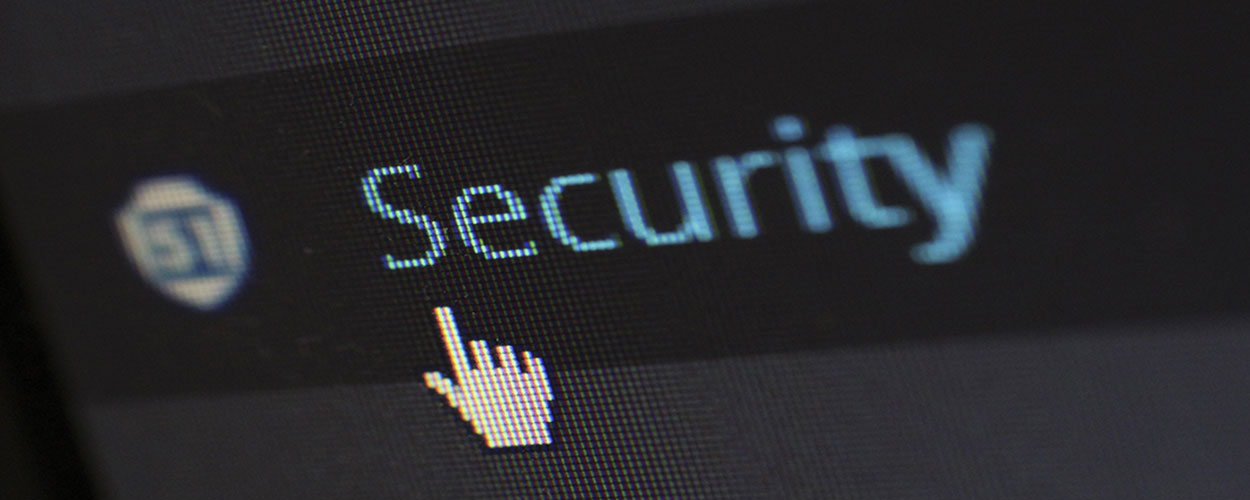
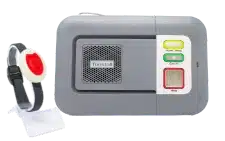
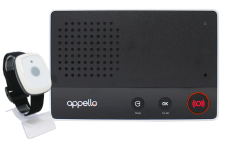

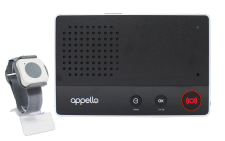
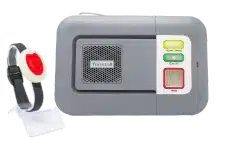

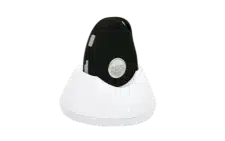




Leave a Reply